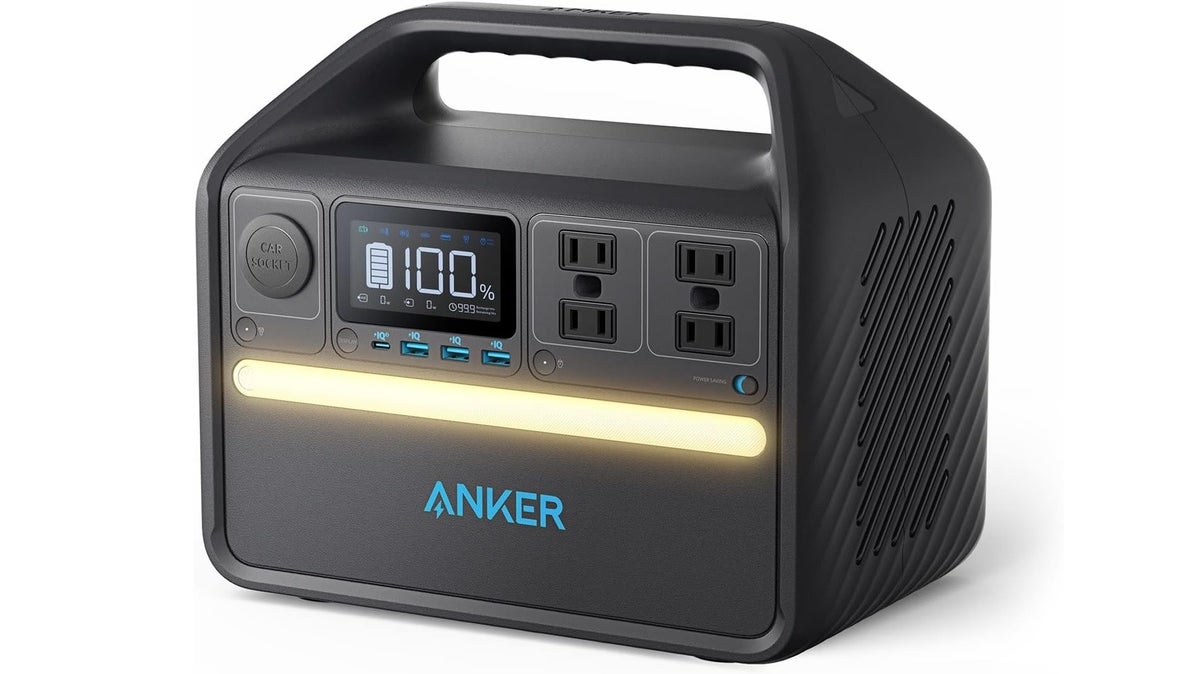Anker, long trusted for its portable chargers, is now facing serious legal trouble. Two separate class-action lawsuits accuse the company of selling defective power banks that pose a fire risk. 
The cases, filed in California and New York federal courts, target models such as the PowerCore 10000 (A1263, A1257), the Power Bank 20000 (A1647), MagGo 10000 (A1652), and Zolo models A1681 and A1689. At the center of the claims: lithium-ion batteries that allegedly overheat and can ignite.
These suits follow a major recall on June 12, when Anker pulled back 1.15 million units after admitting that overheating batteries could cause burns and fires. Plaintiffs Jerry Light and Christopher Hall argue that Anker marketed these products as safe, boasting features like overcharge protection, while failing to warn consumers of the real risks. Both also claim that Anker’s offer of replacements or gift cards was inadequate, especially when damaged property and disposal costs were involved.
According to the lawsuits, the power banks in question were sold online between 2016 and 2022 for about $27 each on Anker’s site, Amazon, Newegg, and eBay. Light says he never would have purchased the charger had he known about the defects. Hall adds that buyers paid a premium for what they believed were reliable safety features, only to discover those assurances were misleading. The suits seek damages for breach of contract, breach of warranty, unjust enrichment, and negligent misrepresentation.
For U.S. consumers who bought one of the affected models during that period, legal representation is already in place. Hall’s case is handled by Levi & Korsinsky LLP and Sultzer & Lipari PLLC, while Light is represented by Yanni Law APC and Poulin Willey Anastopoulo LLC. The lawsuits – Hall v. Fantasia Trading LLC (Southern District of New York) and Light v. Fantasia Trading LLC (Central District of California) – could eventually lead to settlements, though, as with most class actions, consumers shouldn’t expect windfalls. Typically, lawyers take the largest cut, leaving small payouts for claimants.
For now, the lawsuits raise a critical issue: how much trust consumers can place in brands that promise safety but fail to deliver when it matters most.
3 comments
lmao i had one of those anker banks, thing got hot like a toaster 😂
wow paid premium for ‘safe’ charger and it can literally explode, nice..
people act like class action = free money, nah u get like $2 and a sorry note